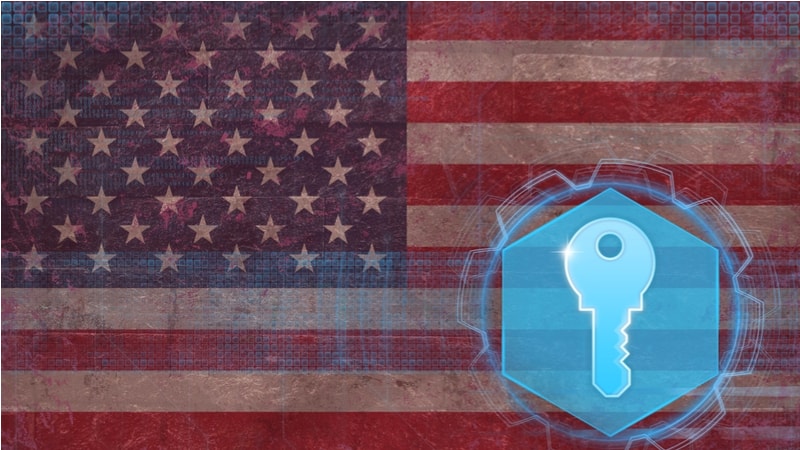
A group of Federal lawmakers from Louisiana penned an op-ed in the Washington Times on Feb. 13 urging President Trump to increase funding for cybersecurity education.
Sens. John Kennedy and Bill Cassidy and Reps. Mike Johnson and Ralph Abraham–all Republicans–argued that the “Digital Age demands a workforce capable of defending us from modern threats…Louisiana is well-positioned to meet those labor demands thanks to Interstate 20’s ‘Cyber Corridor,’ anchored by the Cyber Innovation Center (CIC).”
The CIC, which is part of the larger National Cyber Research Park, aims to develop a “knowledge-based workforce” in the region. The center works to connect cybersecurity experts in the government, private sector, and academia to train students and existing workers in the cybersecurity field.
In their op-ed, the legislators tied their desire for increased cyber education funding to President Trump’s previously stated goals, such as the Cybersecurity Moonshot. The Moonshot is intended to “dramatically improve cybersecurity [and] envisions at ten-year horizon to get to the ‘fundamental goal of making the Internet safe and secure.’”
“We need President Trump to increase educational resources as part of his fiscal 2020 budget request to support the recently proposed Cybersecurity Moonshot Initiative 1 that demands a whole-of-nation approach,” they wrote. “With a boost in resources, Louisiana and the CIC can lead education efforts that provide the workforce needed to realize a safe and secure Internet ‘for the American people by 2028.’”
The lawmakers also stressed the role CIC has played thus far in training the cyber workforce. Saying that since its founding in 2007, the CIC “has been building a cyber workforce specialized in defeating incoming threats.” Further, they argue that the center can “play a central role in helping meet the supply gap in the 1.5 million cybersecurity workers who will be needed in the United States over the next five years.” The op-ed also emphasizes the challenges that come along with training students and the current workforce for careers in cybersecurity.
“Training someone for a career in cybersecurity is a challenge because of the lack of cybersecurity-related K-16 curricula, training and apprenticeship programs, and the shortage of teachers, especially in computer science,” they wrote. “The CIC is making strides to meet those challenges, and it is finding success. The CIC’s partnership with the Department of Homeland Security’s Cybersecurity Training and Assistance Program (CETAP) has resulted in making cyber education curricula accessible to about 2 million students and more than 13,000 teachers throughout all 50 states and two territories within just the last five years.”
In the letter, the politicians stressed the relationship between cybersecurity and national security, in urging the president to increase funding.
“We’re doing what we can in Louisiana to build a necessary line of defense for cybersecurity and national security,” the letter concluded. “We can’t win this race alone, and this is not a race the country can afford to lose.”
